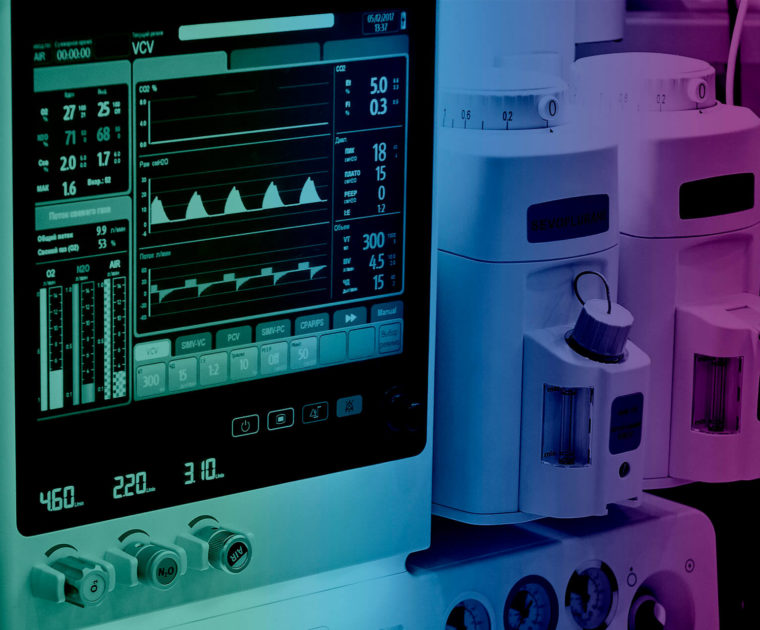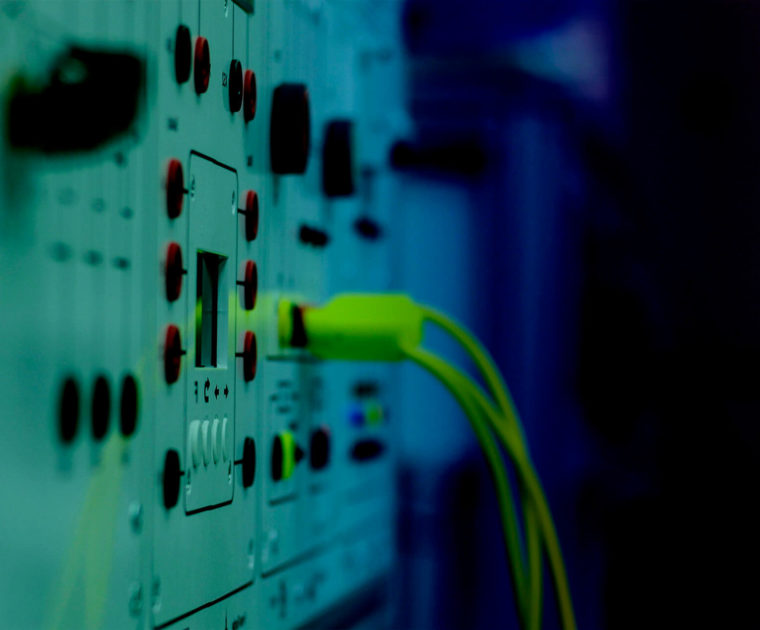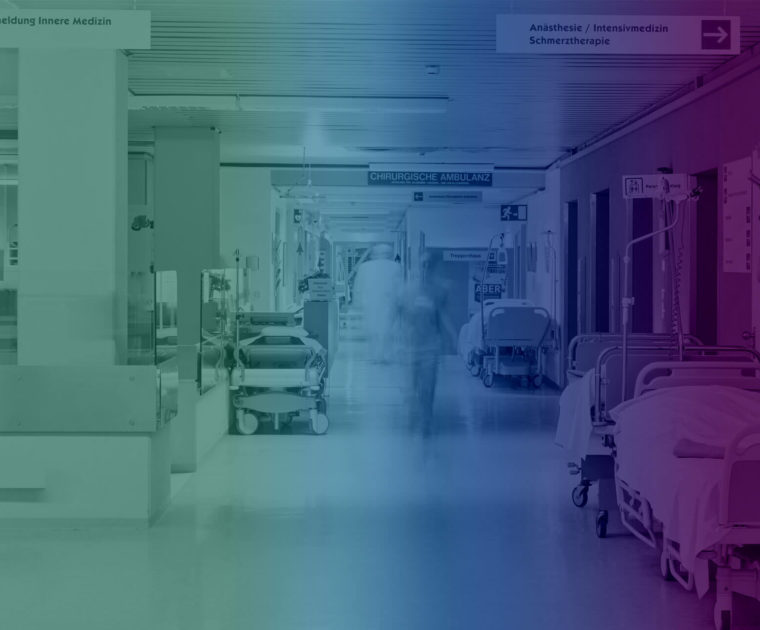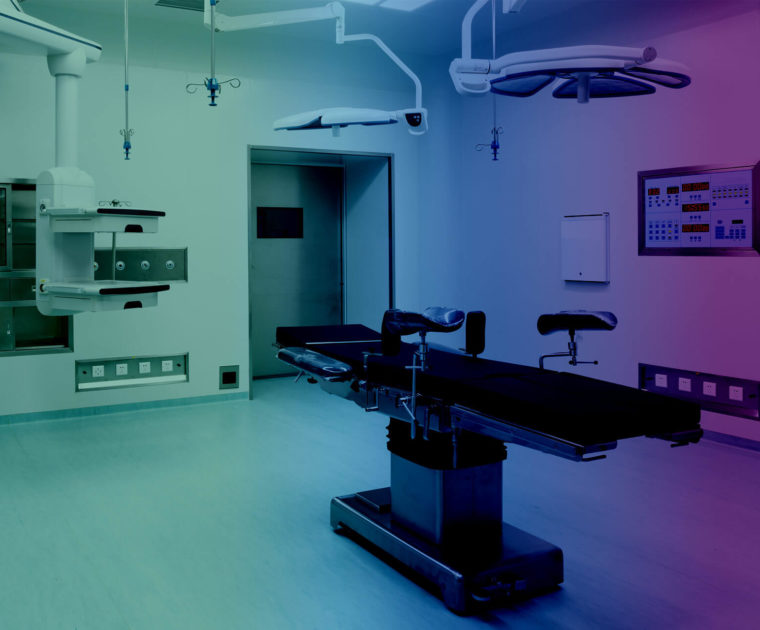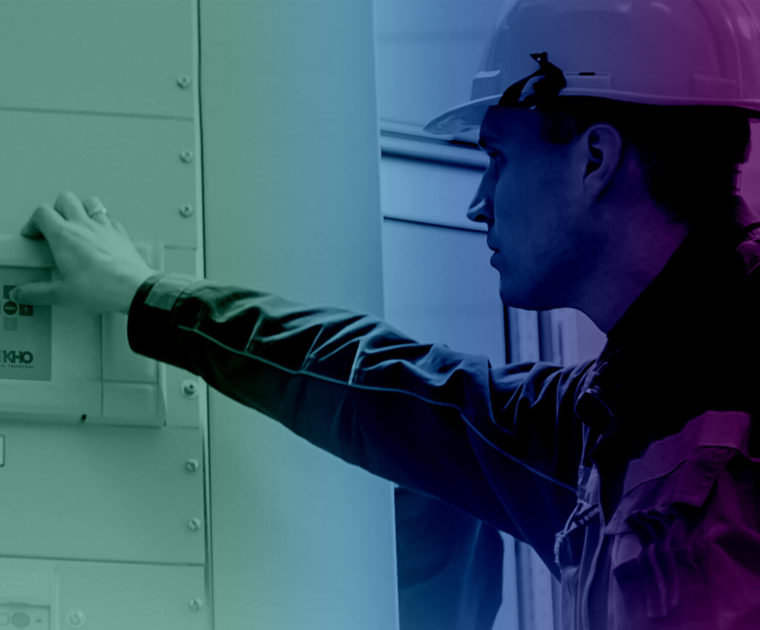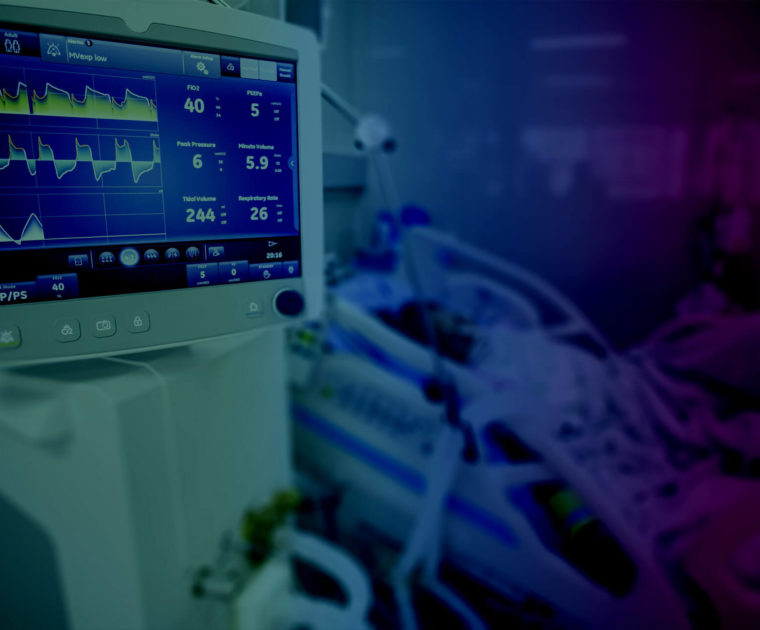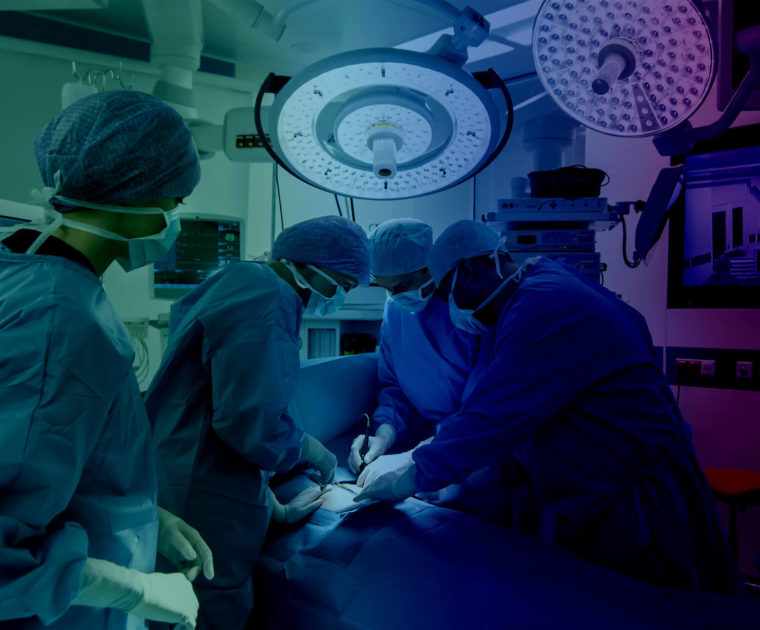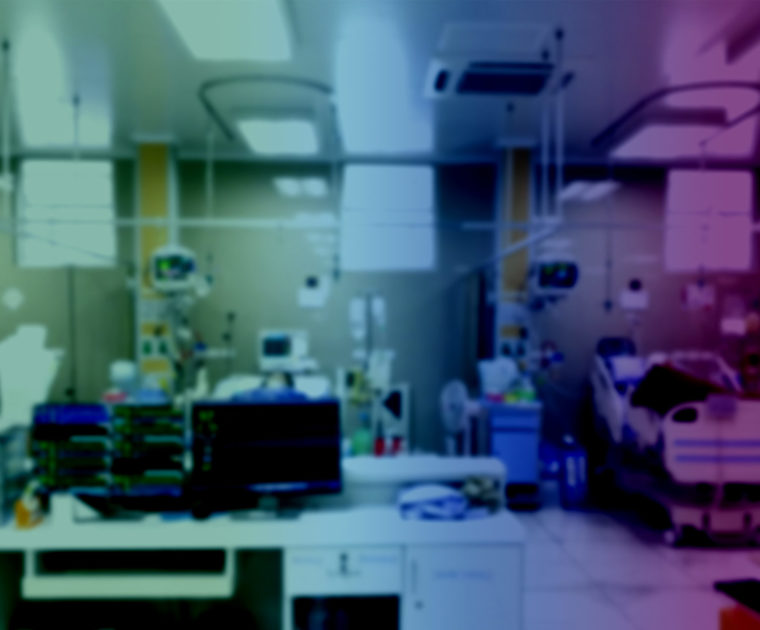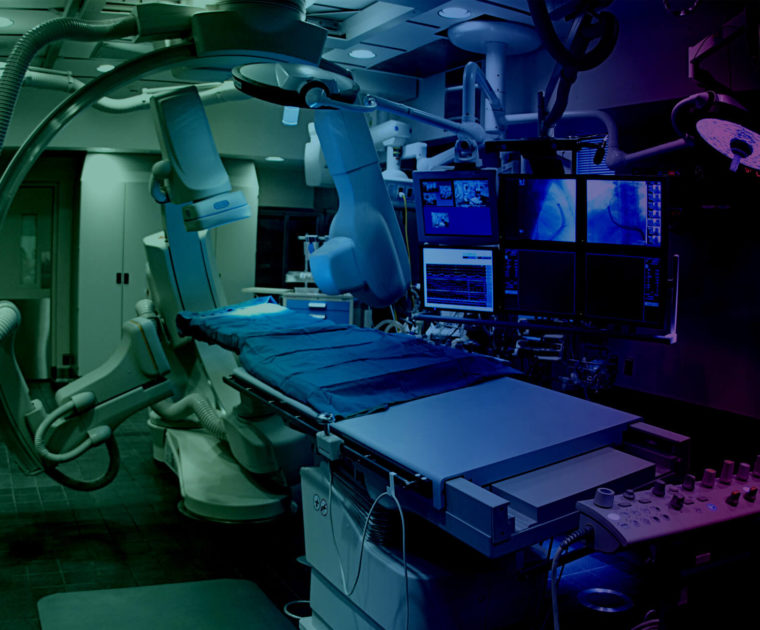For more than a century, medical gases have been used in the healthcare sector for many forms of modern diagnosis and treatment, becoming crucial elements in the well-being of the patient and the operation of any hospital facility. Their uses are very diverse: from respiratory support to anaesthetic agents, to diagnose and treat various pathologies, to calibrate medical equipment, etc. These gases, being classified as medicines, must meet the highest standards of safety, quality and efficiency.
In this respect, one of the most important points is their management and control. For this, we have alarm systems for medical gases, capable of alerting of possible failures, indicating what it is and solving problems that could be very serious. Let’s get to know what they are, starting with a little more about medical gases.


